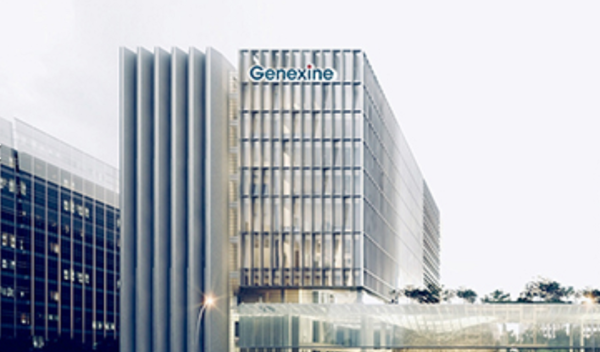Genexine said that the Ministry of Food and Drug Safety has approved its investigational new drug (IND) application for conducting a phase 2 clinical trial using its GX-I7 and Roche's Avastin to treat recurrent glioblastoma multiforme (rGBM).

With the approval, the company aims to evaluate the efficacy and safety of a combination of GX-I7 and Avastin in 20 rGBM patients.
Genexine announced the results of using GX-I7 in combination with various anticancer drugs for treating rGBM patients during the Korean Association of Immunologists (KAI) International Meeting 2020.
The company had confirmed that five out of six rGBM patients who received a co-administration of GX-I7 and Avastin showed a partial remission (PR) response.
Its global partners are also actively involved in conducting studies for using GX-I7 in treating rGBM.
In China, I-MAB biopharma, which received technology transfer of GX-I7 from Genexine, is undergoing a phase 2 clinical trial of rGBM under the product name TJ-107.
In the U.S. and Europe, NeoImmuneTech is conducting clinical trials for GX-I7 in treating rGBM as a monotherapy and in combination with various anticancer drugs, such as Roche's Tecentriq, Merck's Keytruda, BMS' Opdivo, and Novartis Kymriah, under the product name NT-I7.
"Genexine is conducting various clinical trials for GX-I7 alone or with licensed out partners," Genexine CEO Woo Jung-won said. "Notably, the combination therapy of GX-I7 is expanding to various anticancer drugs, including immune checkpoint inhibitors, targeted anticancer drugs, chemotherapy drugs, cell therapy drugs, and anticancer vaccines."
The company plans to verify the value of the GX-I7 pipeline through various single or combination clinical trials with its partners, Woo added.
Glioblastoma is one of the most common and fatal types of malignant brain tumors, accounting for about 12 percent of all brain tumors. The survival period without treatment is less than four to six months, and the average survival period, even with the combination of surgery and radiation therapy, is less than 12 months.
Among them, rGBM is known as a brain tumor with the worst prognosis.

